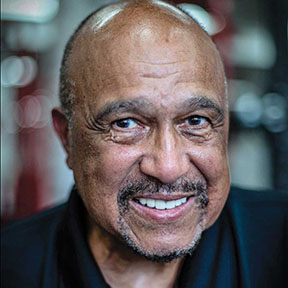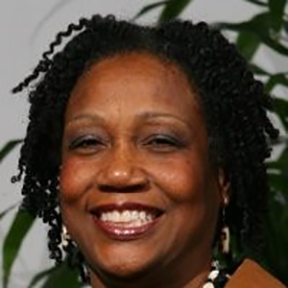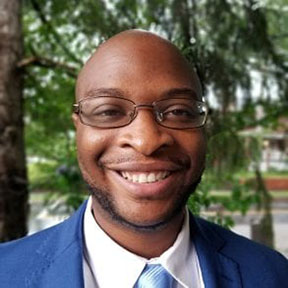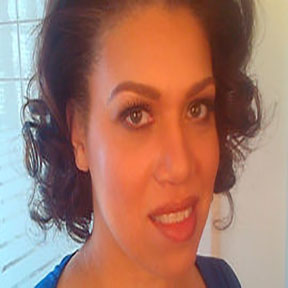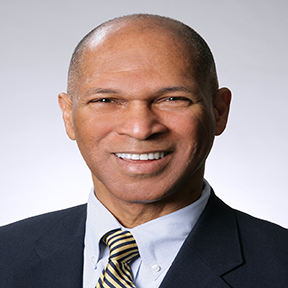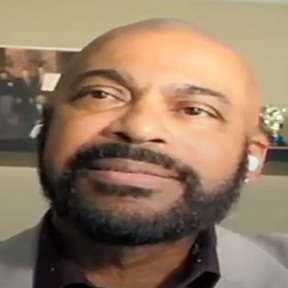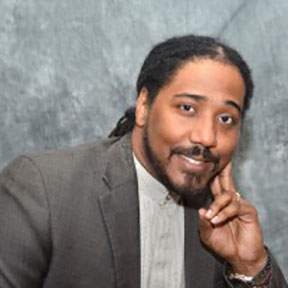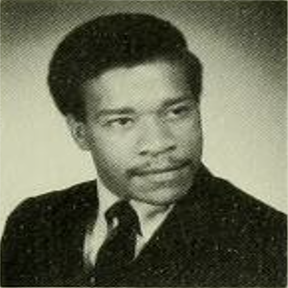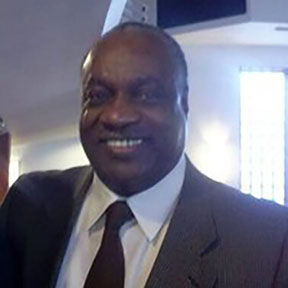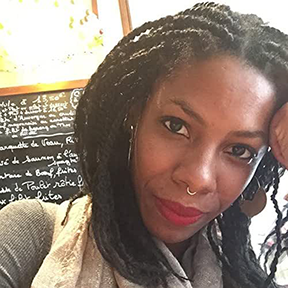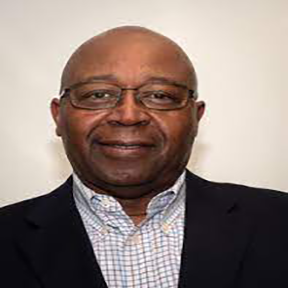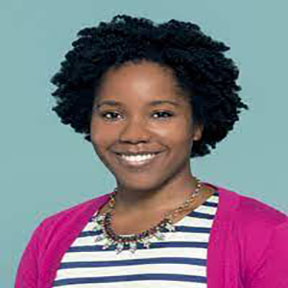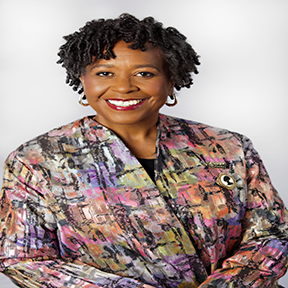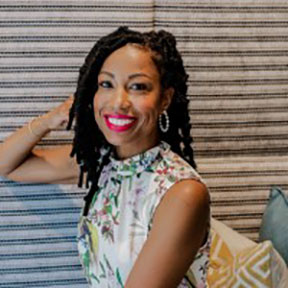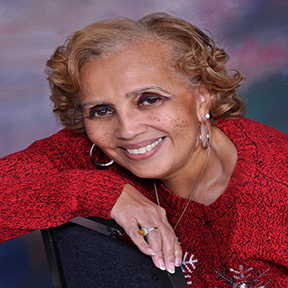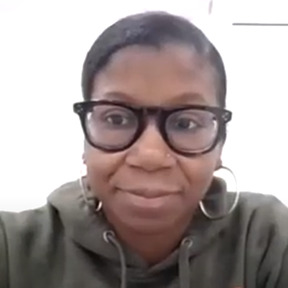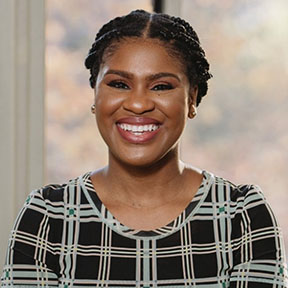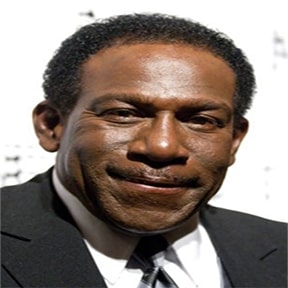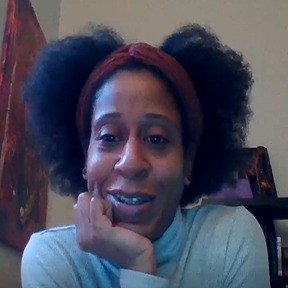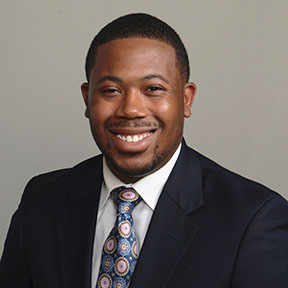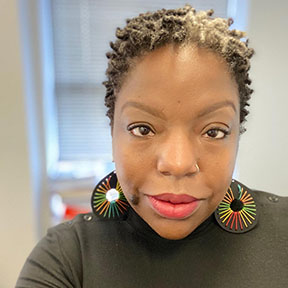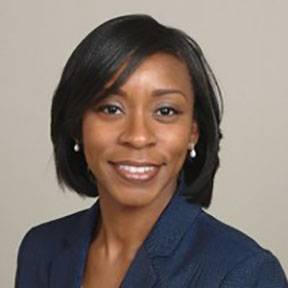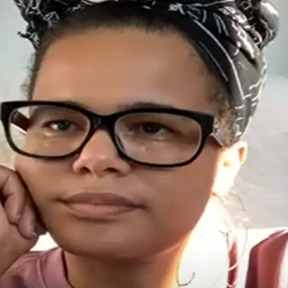Reparative Oral History Project
black experiences at the University of maryland
Image from the University of MarylandSpecial Collections and University Archives
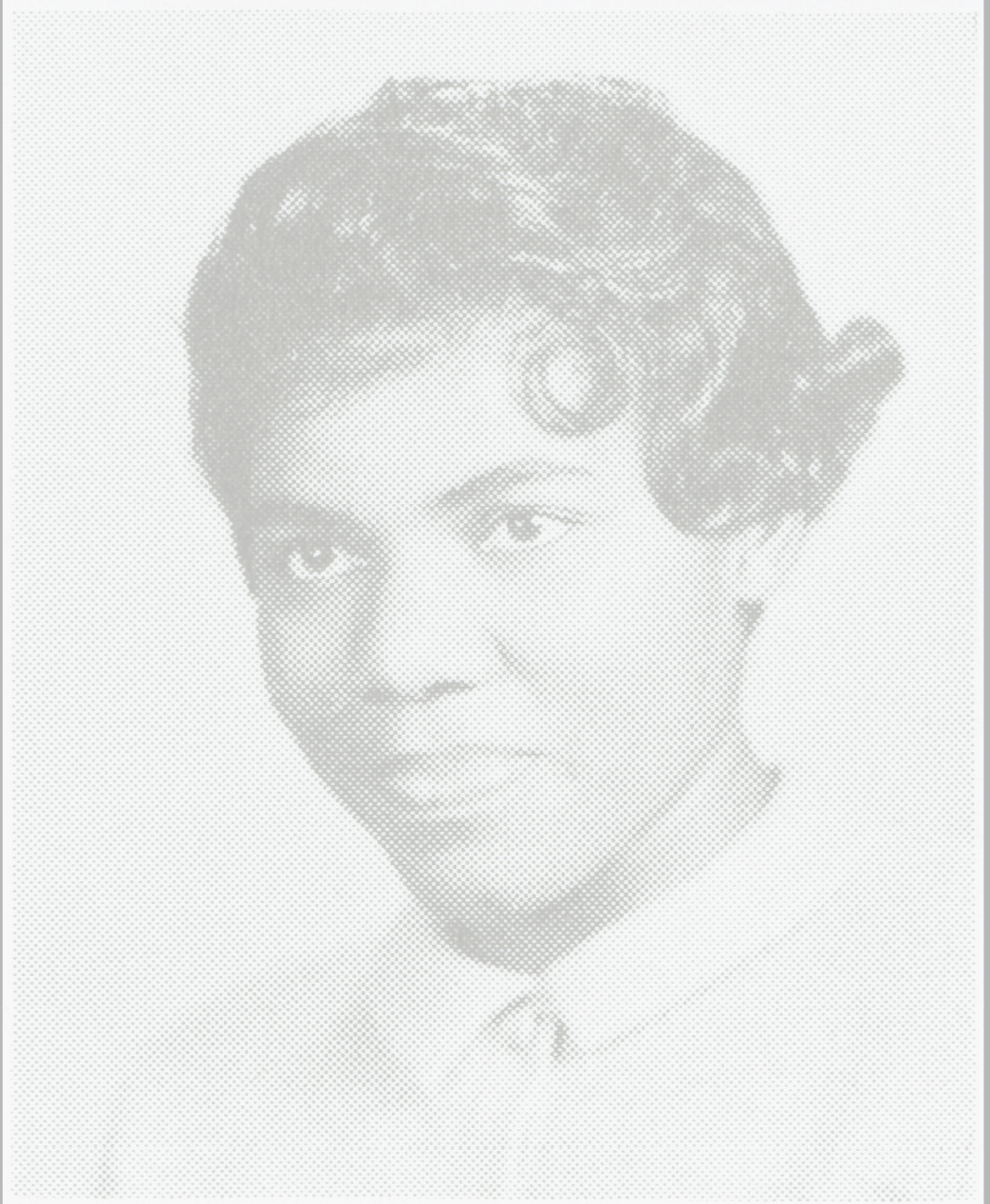
About
While Elaine Johnson became the first Black woman undergraduate to graduate from the University of Maryland, College Park in 1959 we know that this single event was the result of decades of advocacy, demands, and many other Black students attempting to gain acceptance into the university.
The Reparative Histories and the Black Experience Oral History Project seeks to collect narratives representative of Black experiences at the University of Maryland. We’re conducting oral history interviews with students, faculty, staff, as well as community members from the surrounding areas. In preparation for these interviews, we’ve compiled extensive archival research with a decidedly focused view on student and local newspapers and yearbooks. We bookend this project between the first Black UMD student in the 1950s and the organizing around the murder of Lt. Richard Collins III. This period encompasses major global and local social events and movements such as the Civil Rights and Black Power Movements, the Antiwar Movement, the modern Black Studies Movement, and the current movement against all forms of state sanctioned violence. While our stories often focus only on our struggles, adversity, and perseverance, we want to explore the fullness of Black life by also capturing moments of Black creativity and joy.
We recognize that academic archives often omit or do not capture the experiences of Black students, faculty, and staff on predominantly white campuses. Our project is reparative in that we recognize these omissions and gaps in the records and histories of UMD and we strive to repair these errors by collecting and depositing the oral history interviews that provide a more nuanced and complete picture of the university’s story over the years.
This project launched in the fall of 2020 as part of a two-year strategic partnership with the University of Maryland Libraries Special Collections and University Archives and the African American History, Culture, and Digital Humanities (AADHum) initiative based at the Maryland Institute for Technology in the Humanities (MITH), and Project STAND, entitled University of Maryland Restorative Justice Project. It is a CLIR/DLF Postdoctoral Fellow in Data Curation for African American and African Studies grant. The oral histories will be part of the university collection and the restorative justice project.
* The Reparative Archive Framework
Hughes-Watkins, Lae’l (2018) “Moving Toward a Reparative Archive: A Roadmap for a Holistic Approach to Disrupting Homogenous Histories in Academic Repositories and Creating Inclusive Spaces for Marginalized Voices,” Journal of Contemporary Archival Studies: Vol. 5, Article 6.
Available at: https://elischolar.library.yale.edu/jcas/vol5/iss1/6
Project Leads
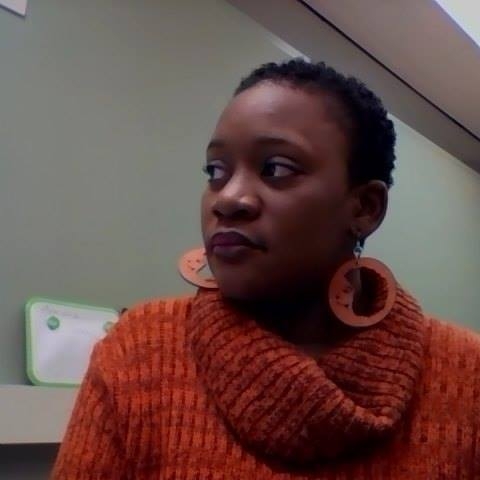
Francena Turner, PhD
CLIR Fellow and Postdoctoral Associate for Data Curation in African American History and Culture for the University of Maryland Restorative Justice Project
Francena Turner is a CLIR Fellow and Postdoctoral Associate for Data Curation in African American History and Culture for the University of Maryland Restorative Justice Project where her archival and oral history work sits at the intersection of African American History, Culture, and Digital Humanities (AADHum), oral history, and the University of Maryland Libraries faculty. Francena uses oral history methodology as excavation work in an effort to bridge the past and present. Her research interests include histories of Black higher education, Black women’s higher education, student activism, qualitative research methodologies, and Black Feminism(s). She is most interested in historical and contemporary issues of equity, agency, and thriving in education. In her dissertation research for example, she used oral history methodology to explore the organizing and activism experiences of Black women who attended a Southeastern historically Black university during the Civil Rights/Black Power Era. Such scholarship provides valuable information and possibilities for current organizers and activists. Turner holds a Ph.D. in History of Education from the University of Illinois at Urbana-Champaign and degrees from Fayetteville State University (B.A. History) and Fayetteville Technical Community College (A.A.S. Respiratory Care, General Education).
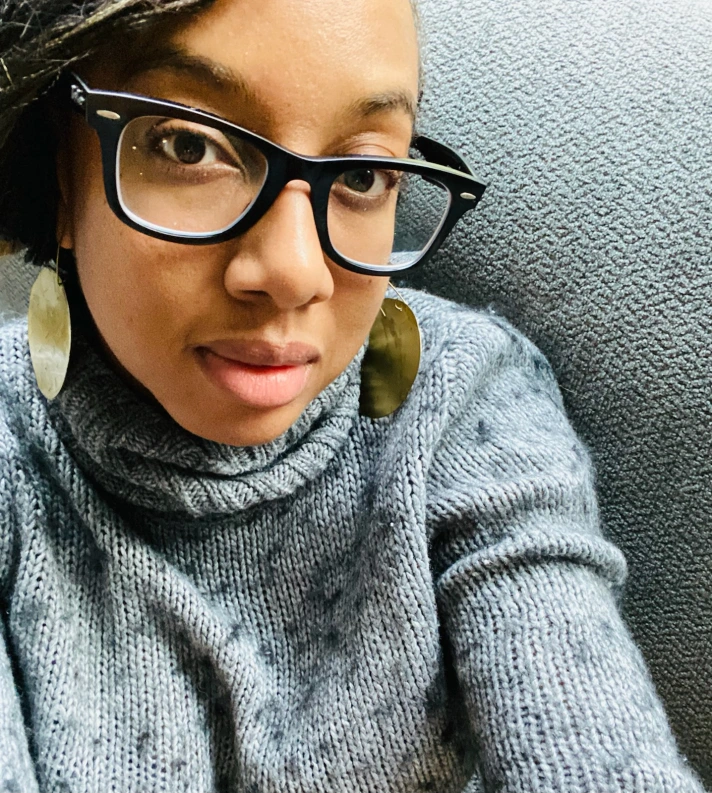
Lae'l Hughes-Watkins
Project Co-PI, University Archivist, University of Maryland, College Park
Lae’l Hughes-Watkins is the University Archivist at the University of Maryland, College Park. She is the Co-PI for the CLIR/DLF Postdoctoral Fellow in Data Curation for African American and African Studies grant. She is the Founder of Project STAND, the first-of-its-kind collaborative effort among archival repositories within academic institutions across the country to create an online portal featuring analog and digital collections that document student activism that primarily focuses on historically marginalized communities. Hughes-Watkins also serves as a Co-chair for the 1856 Project, a chapter of Universities Studying Slavery. From 2013-to 2018, she served as the University Archivist at Kent State University. She is a 2019 Mover and Shaker. She is a 2019 ARL Leadership and Career Development Program fellow and serves on the Advisory Board for the Archives Leadership Institute. She is the creator of the reparative archive framework and workshop and has given multiple national and international keynotes. Her research areas focus on outreach to marginalized communities, documenting student activism within disenfranchised student populations, and utilizing narratives of oppressed voices within the curricula of post-secondary education spaces.
BLACK TERP EXISTENCE @ UNIVERSITY OF MARYLAND
Stories of Black existence include oral history highlights from guest speakers of a nine-member alumni panel held on April 7, 2022. The panel represented four decades of experience. The oral histories in this clip include recollections of segregated spaces, their thoughts on the importance of engaging in Black joy, and establishing the Black Explosion, an unapologetically Black student newspaper covering issues of concern to Black students at UMD. The complete oral histories are available below, along with several other experiences from Black Terps through the years. This initiative brings stories historically missing/invisible to the foreground within the institutional record.
